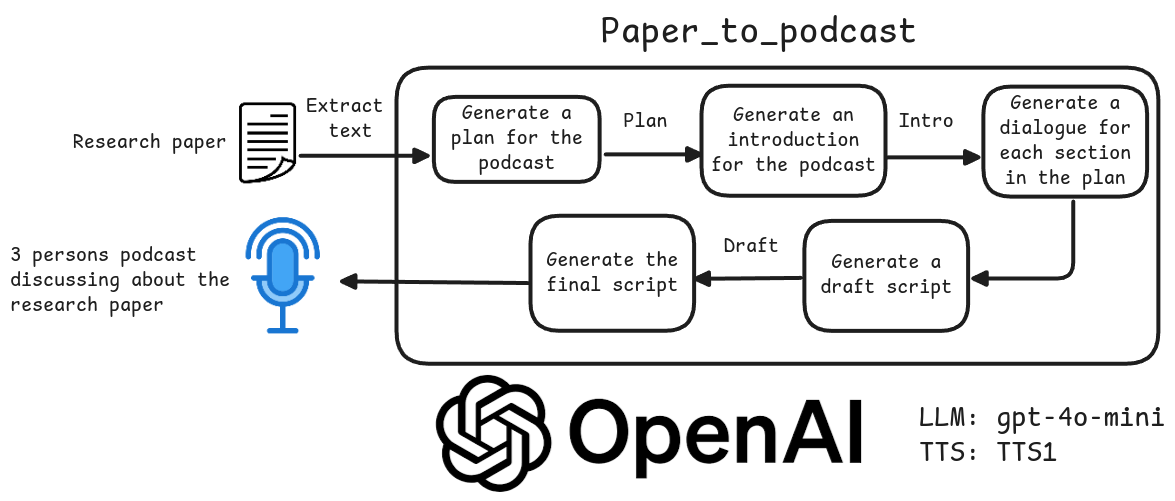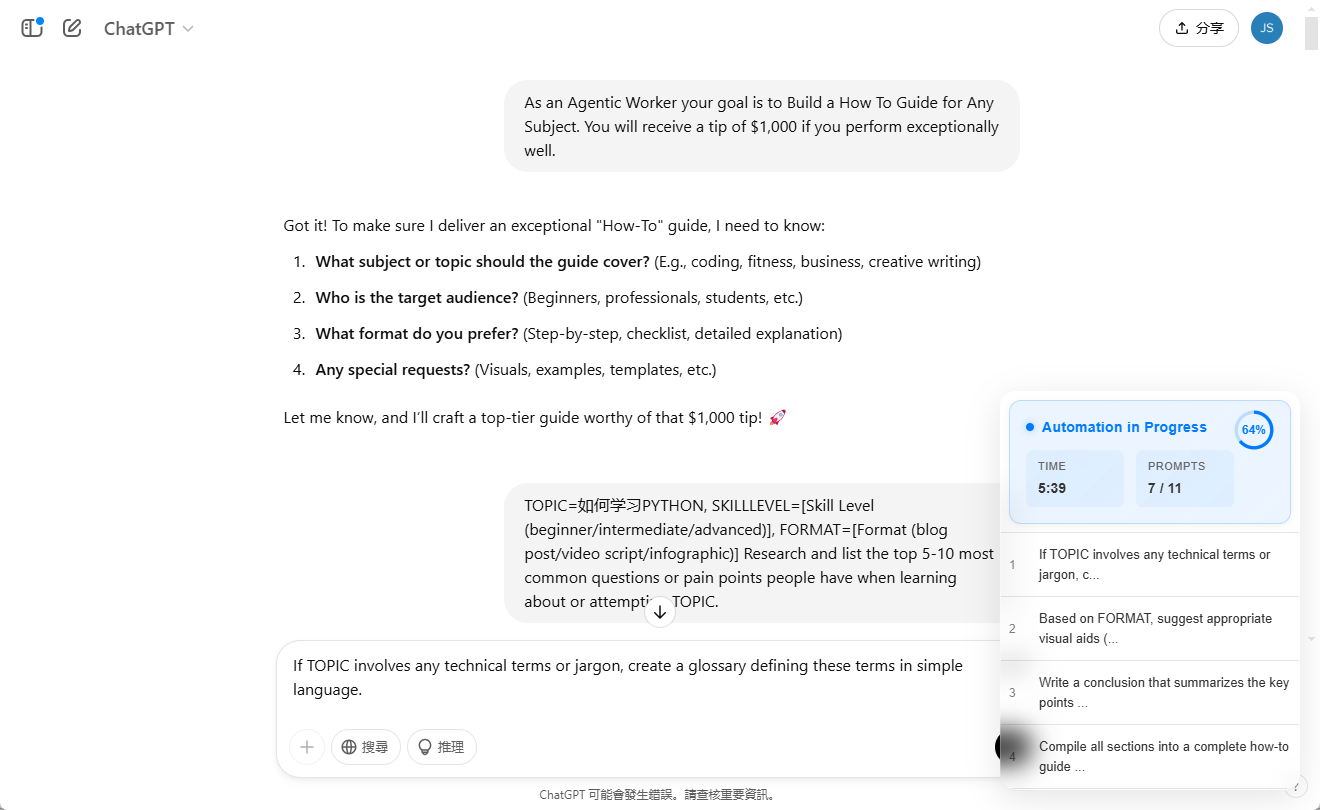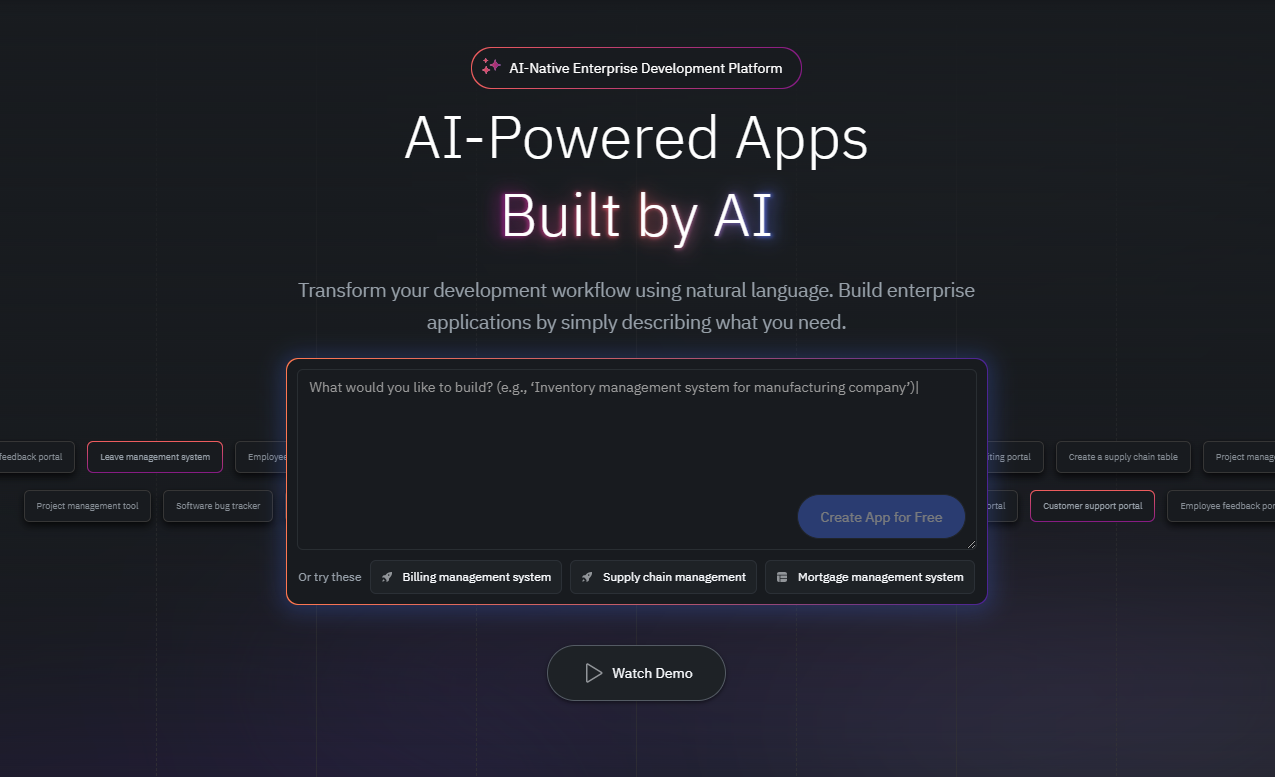Paper to Podcast: Converting Academic Papers to Multi-Person Conversation Podcasts
General Introduction
Paper to Podcast is an open source tool that specializes in turning academic research papers into lively and entertaining podcasts. It makes complex academic content easy to understand by using artificial intelligence technology to turn a PDF-formatted paper into a conversation between three characters - the host, the learner, and the expert. The project, published on GitHub by developer Azzedde, is for people who like to listen to podcasts, especially users who want to study papers while commuting or traveling. It uses OpenAI's APIs to generate dialog and audio at a low cost, for example, about $0.16 for a 9-minute podcast of a 19-page paper. The project is easy to use, and sample podcasts are provided for reference.

Function List
- Converting research papers in PDF format into podcasts in the form of three-person conversations.
- Generate an interactive dialog between the three roles of facilitator, learner and expert.
- Use the OpenAI API to convert paper content to natural language audio.
- furnish
./sample_podcastsSample podcasts in the folder. - Support for code optimization, such as reducing generation time or using local models.
Using Help
Installation process
To use Paper to Podcast, you need to set up the environment locally. Below are the detailed steps:
- clone warehouse
Run the following command in the terminal to download the project file locally:
git clone https://github.com/Azzedde/paper_to_podcast.git
- Go to the project directory
Enter the command to switch to the project folder:
cd paper_to_podcast
- Setting the OpenAI API Key
- You need to register for an account and get the API key from the official OpenAI website.
- In the project folder create a new
.envDocumentation. - Add a line to the file:
OPENAI_API_KEY=你的密钥
- Save the file and make sure the key is correct.
- Installation of dependencies
- Make sure Python is installed on your computer (recommended version 3.10 or higher).
- Runs in the terminal:
pip install -r requirements.txt
- This will install the required libraries, such as PyPDF2, pydub, LangChain, and so on.
- Preparation of thesis documents
- Place the research paper in PDF format in a project folder, e.g. named
research_paper.pdfThe - Note: Files must be readable text PDFs, scanned images are not valid.
- Running Scripts
- Enter it in the terminal:
python paper_to_podcast.py path/to/your/research_paper.pdf
- interchangeability
path/to/your/research_paper.pdffor your file path. The script will start processing.
Functional operation flow
Generating Podcasts
- input file: Specify the path to the PDF file when running the script and the tool will read the contents of the paper.
- Generate a dialog::
- The system works by
Planning ChainCreate a detailed plan for each section of the paper to ensure accurate content. - utilization
Discussion Chain, combined with retrieval-enhanced generative modeling, turns the paper into a three-person conversation. The moderator introduces the topic, the learner asks questions, and the expert explains in depth. Enhancement ChainOptimize scripts to remove duplicate content and adjust transitions to ensure smooth conversations.- output audio::
- Once the script is generated, the OpenAI API converts the text to audio, with realistic voices for each character.
- The output file is saved in the project folder by default, and the samples are in the
./sample_podcastsCenter.
View Sample
- The project provides sample podcasts generated at the path of the
./sample_podcasts. You can listen to samples first to get an idea of the dialog style and audio effects.
Technical details
- code structure::
Planning Chain: Plan the content of your paper to minimize generating errors.Discussion Chain: Generate dialogues that remain consistent with the original text.Enhancement Chain: embellish the script to enhance the listening experience.Text-to-Speech: to audio using the OpenAI API.- (manufacturing, production etc) costs: Generating a 9-minute podcast of a 19-page paper costs about $0.16, depending on the length of the content.
Precautions for use
- network requirement: The generation process requires networked calls to the OpenAI API.
- file format: Only PDF is supported, make sure the text can be extracted.
- error detection::
- If prompted
ModuleNotFoundErrorRunningpip listCheck if the dependency is installed. - If the key is invalid, check the
.envfile is properly configured. - Optimization Recommendations: Currently it takes a long time to generate, the developer plans to improve the speed, we recommend following GitHub updates.
future plans
- Reduce podcast generation time and increase efficiency.
- Support for native models (e.g., Ollama) and open-source speech synthesis reduces dependence on OpenAI.
- Users can submit optimization suggestions or participate in development via GitHub.
With these steps, you can turn your paper into a podcast with Paper to Podcast and study easily anytime, anywhere.
application scenario
- Commuter learning
Listen to podcasts to learn about the content of the paper without looking at a screen while driving or taking public transportation. - academic exchange
The researcher converts the paper to audio and shares it with the team or students to facilitate discussion. - Introduction to the hobby
People who are curious about academic fields but don't have time to read papers use podcasts to quickly learn the basics.
QA
- How much does it cost to generate a podcast?
Using the OpenAI API, a 19-page paper generates a 9-minute podcast for about $0.16, depending on the length of the paper. - Support for non-PDF files?
Not supported, currently only accepts PDF format, need to convert other formats to PDF first. - How is podcast length determined?
Depending on the number of pages and complexity of the paper, a 19-page paper generates about 9 minutes of audio. - Can you adjust the roles?
Currently fixed to Host, Learner and Expert, you need to adjust the code yourself if you want to change roles, see GitHub for details.
© Copyright notes
Article copyright AI Sharing Circle All, please do not reproduce without permission.
Related posts

No comments...




